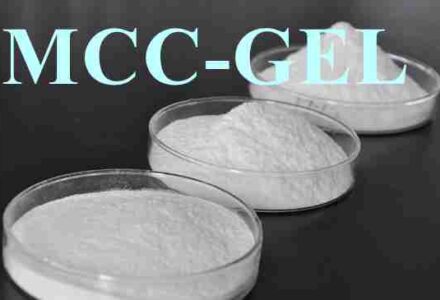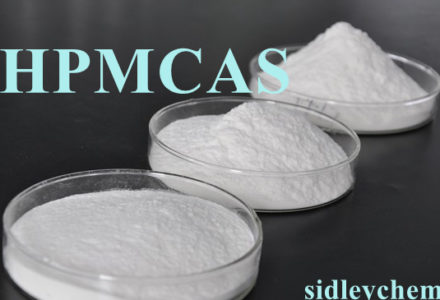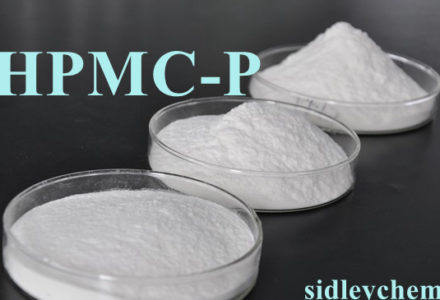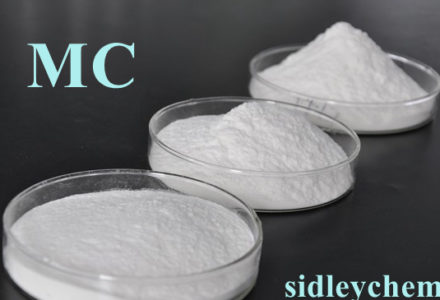Effects of Carboxymethyl Cellulose (CMC) in Dry Mortar in Construction Molecular Formula of CMC: [C6H7O2(OH)2och2COONa]n It is an ionic cellulose ether made through a series of reaction treatment from natural fibers (such as cotton) after the alkali treatment and with the use of a sodium monochloroacetic acid as the etherifying agent. 1… read more →
Special Effects of Hydroxyethyl Cellulose in Oilfields Hydroxyethyl cellulose has some application in the textile industry, food products, pesticides, cosmetics and other aspects. Especially in the oilfield, it plays a very special effect and can not be replaced by other products. Hydroxy ethyl cellulose (HEC) has thickening, suspending, dispersion, water retention and other outstanding performance.. read more →
Use of Hydroxyethyl cellulose Since the surface-treated hydroxyethyl cellulose is powdery or cellulose solid, as long as attention is paid to the following items, it is very easy to operate and make it soluble in water. 1. Before and after adding hydroxyethyl cellulose, keep stirring until the solution is completely transparent clear. 2. Slowly.. read more →
Application of Hydroxy Ethyl Cellulose Excipients in Pharmaceutical Preparations Hydroxy ethyl cellulose (HEC) is a non-ionic water-soluble polymer, white or almost white, odorless, fand ree-flowing granular powder. The softening temperature of Hydroxy ethyl cellulose is 135 -140 ℃. Under normal circumstances, it is insoluble in most organic solvents, but since the molecule contains the.. read more →
Effects of Hydroxy Ethyl Cellulose on Water-Based Coatings 1. Thickening Effect Compared with ordinary hydroxy ethyl cellulose ethers, the enzyme-resistant hydroxy ethyl cellulose has more ideal thickening effects. The dosage may be properly reduced and the cost will accordingly decrease. 2. Water Retention The water-based coatings with the addition of hydroxy ethyl cellulose can.. read more →




